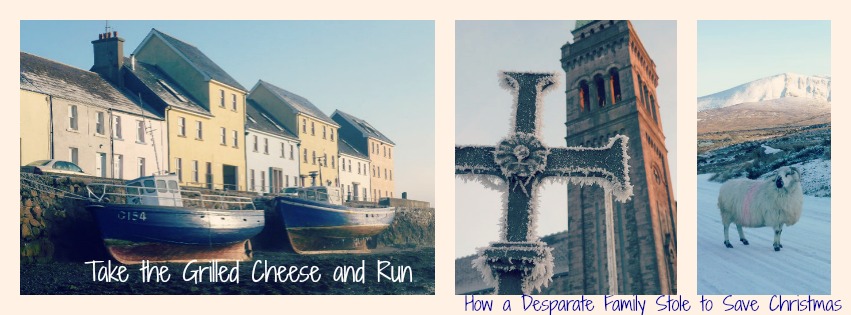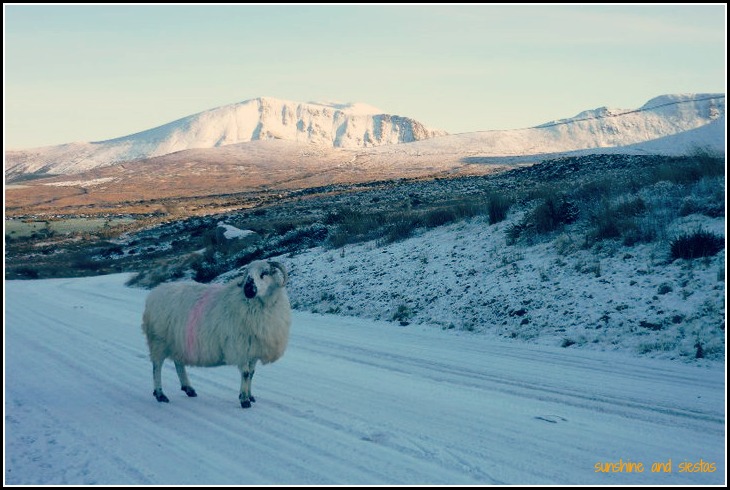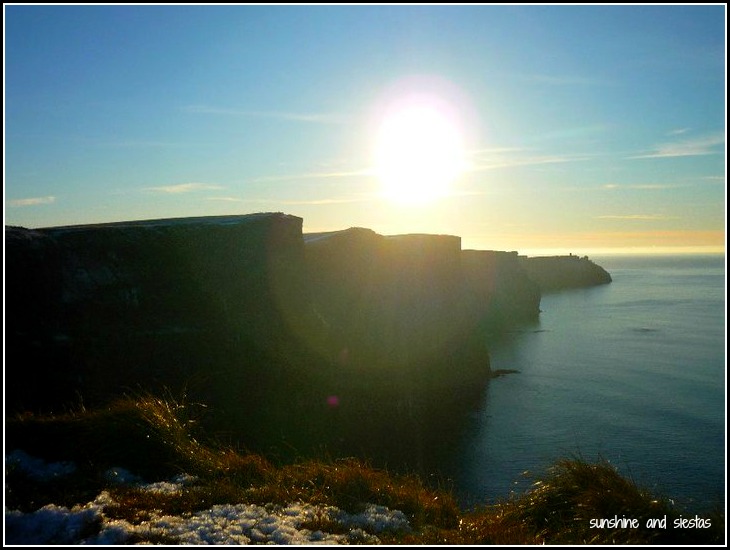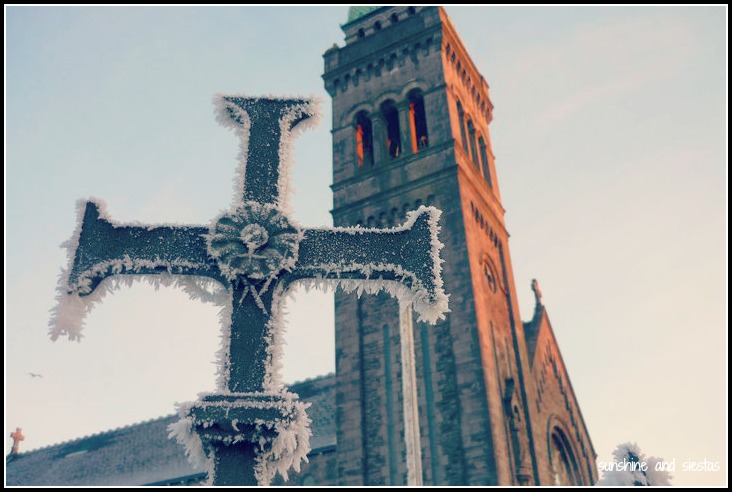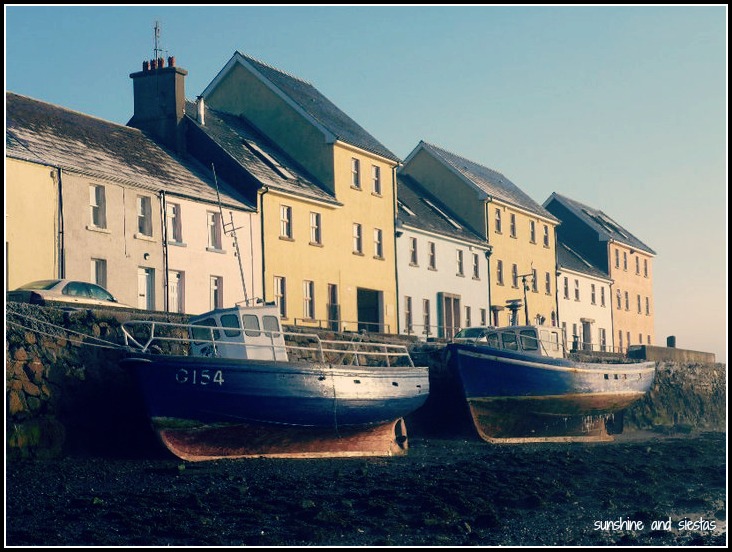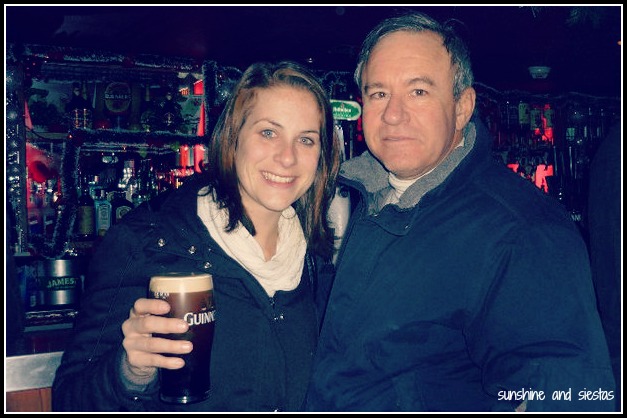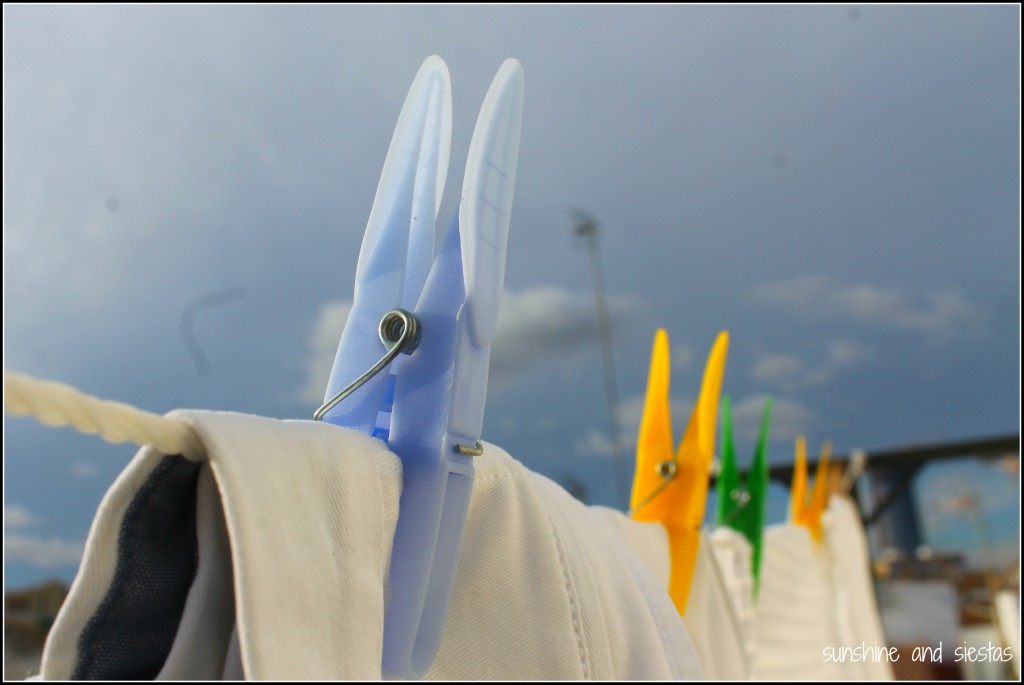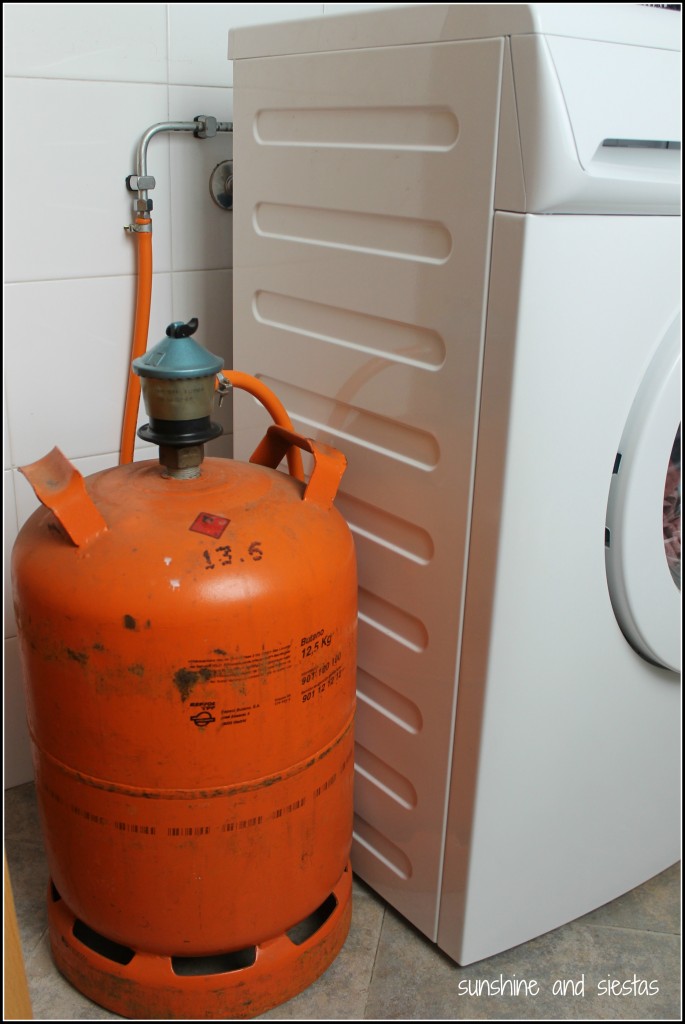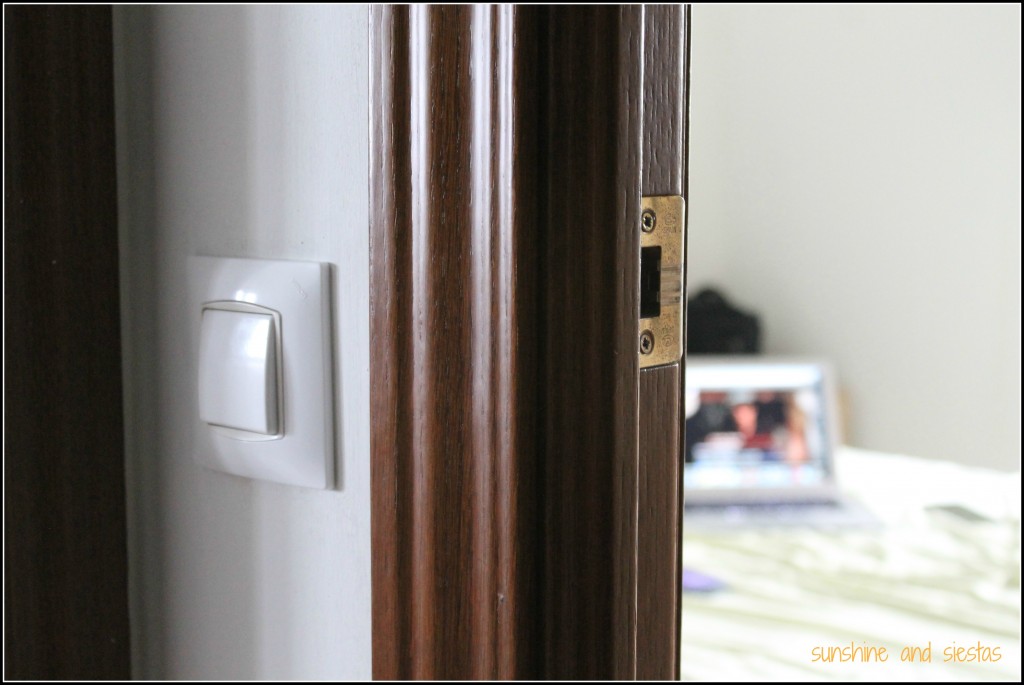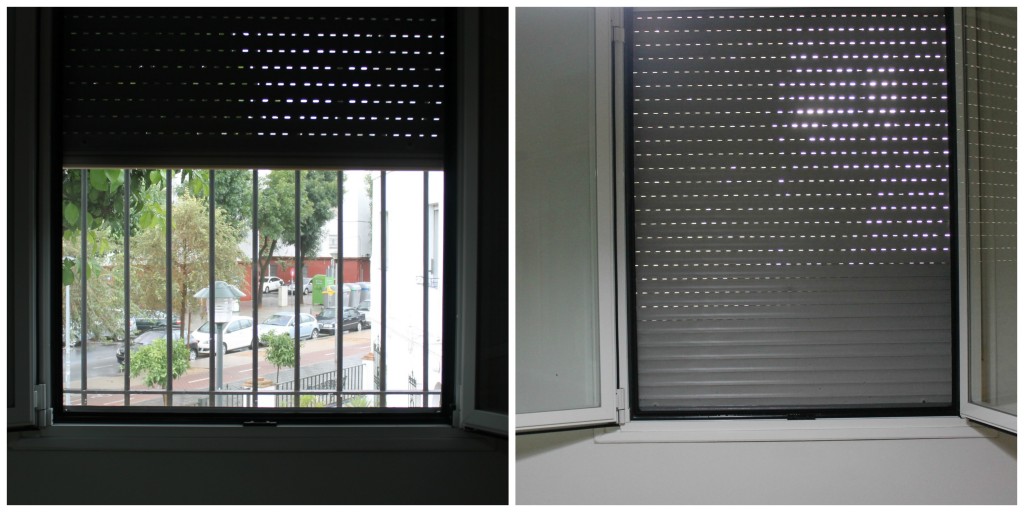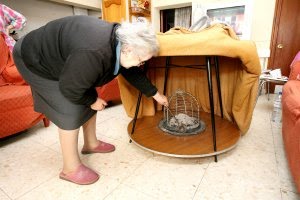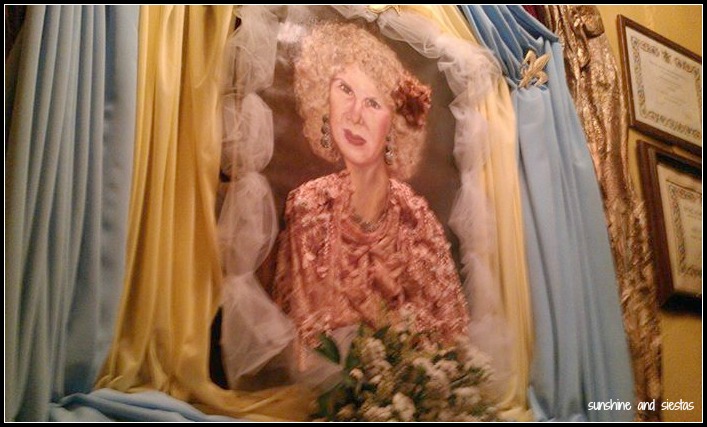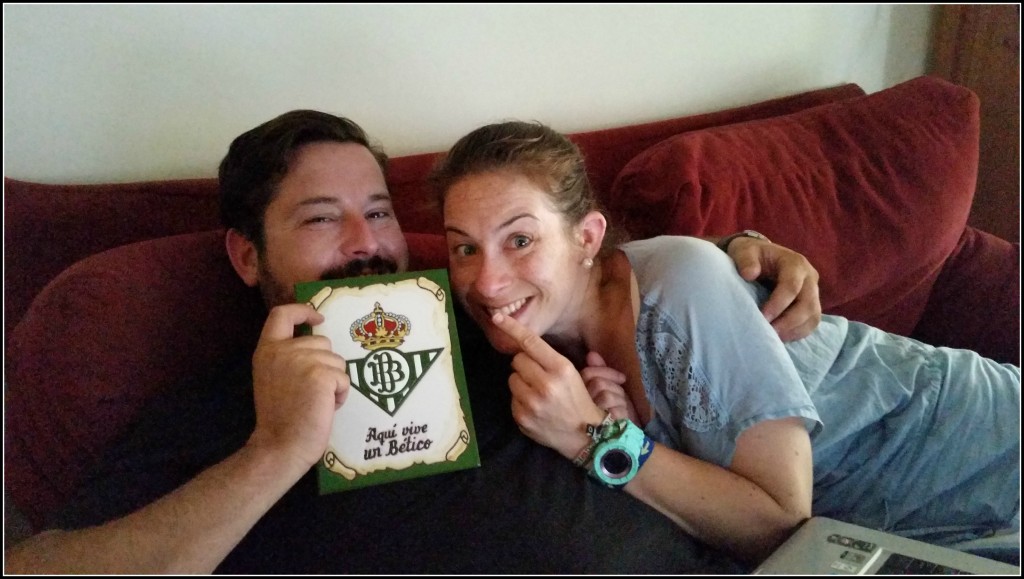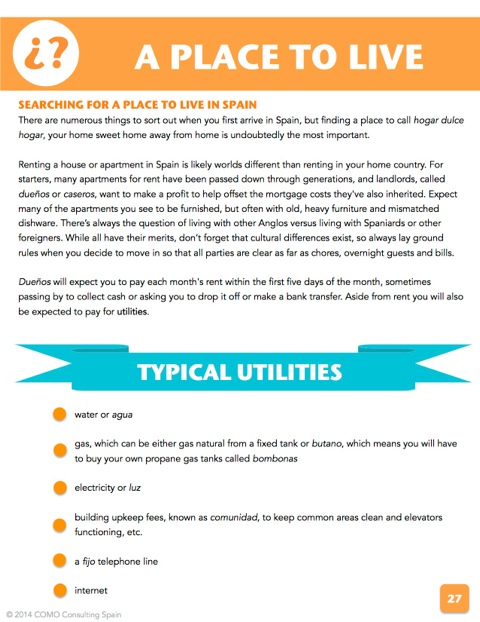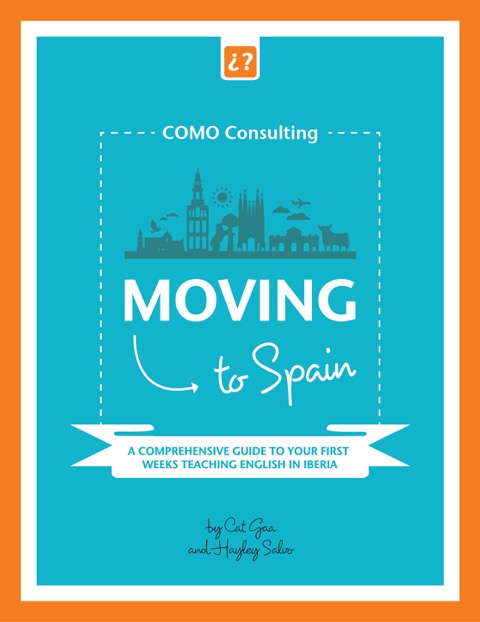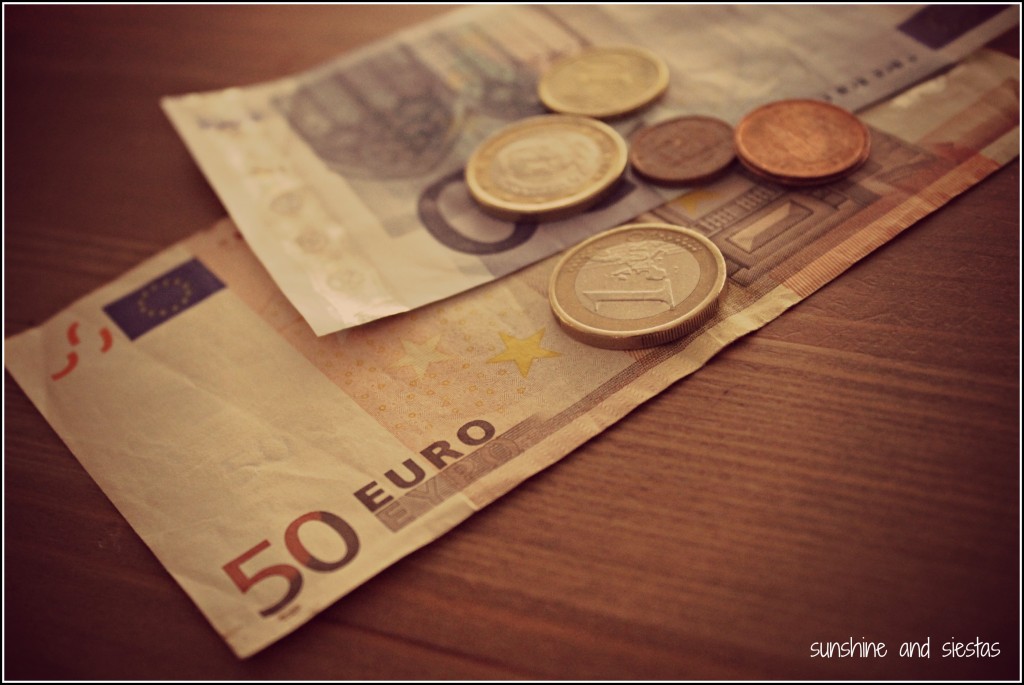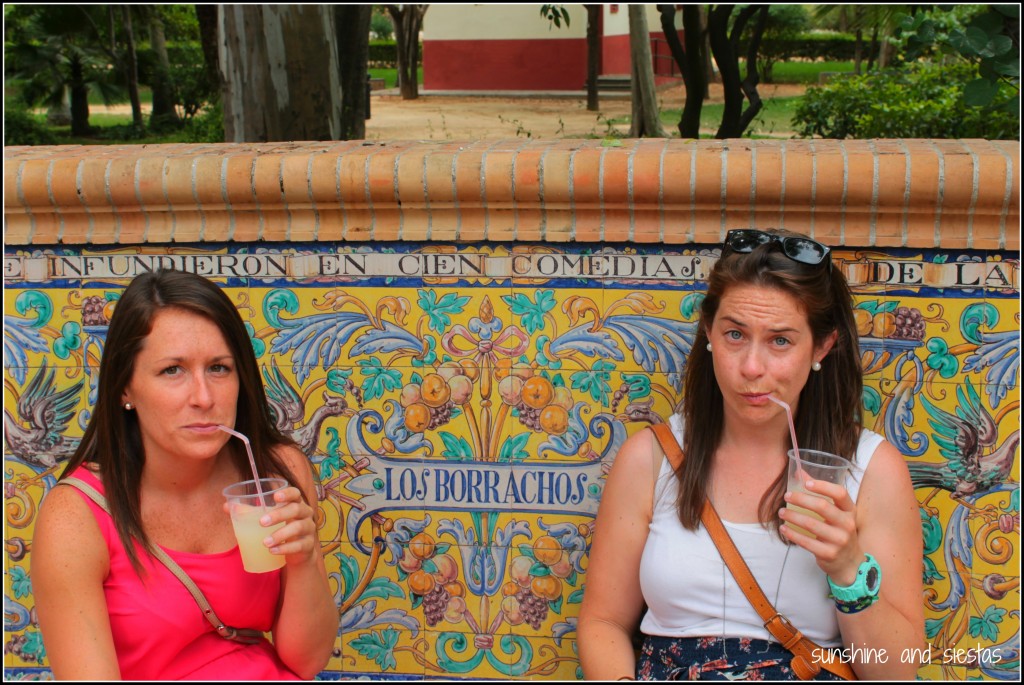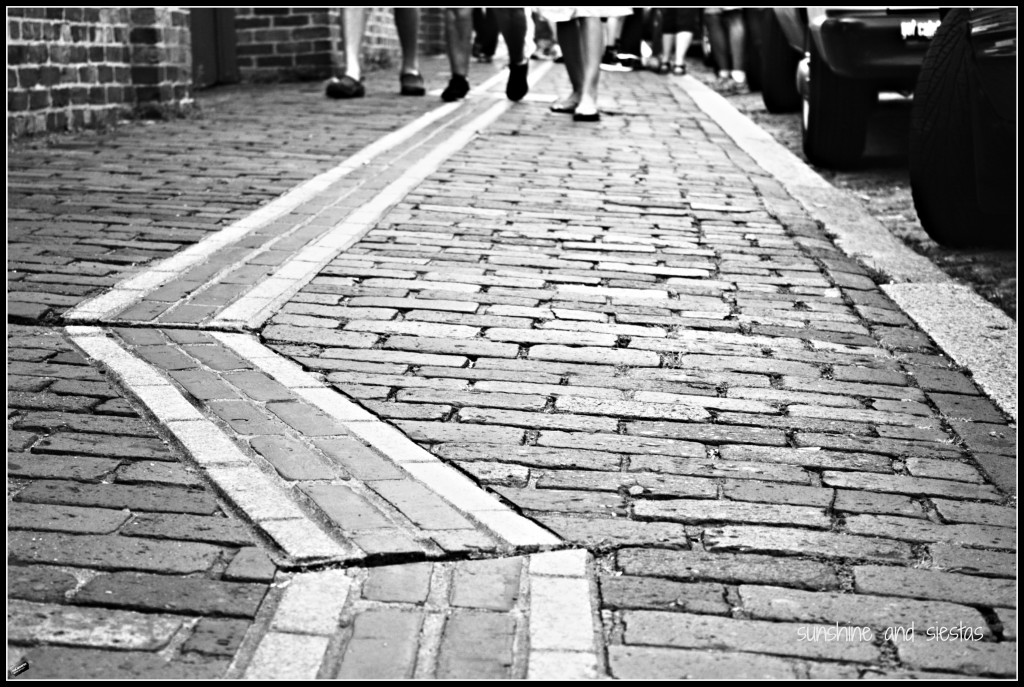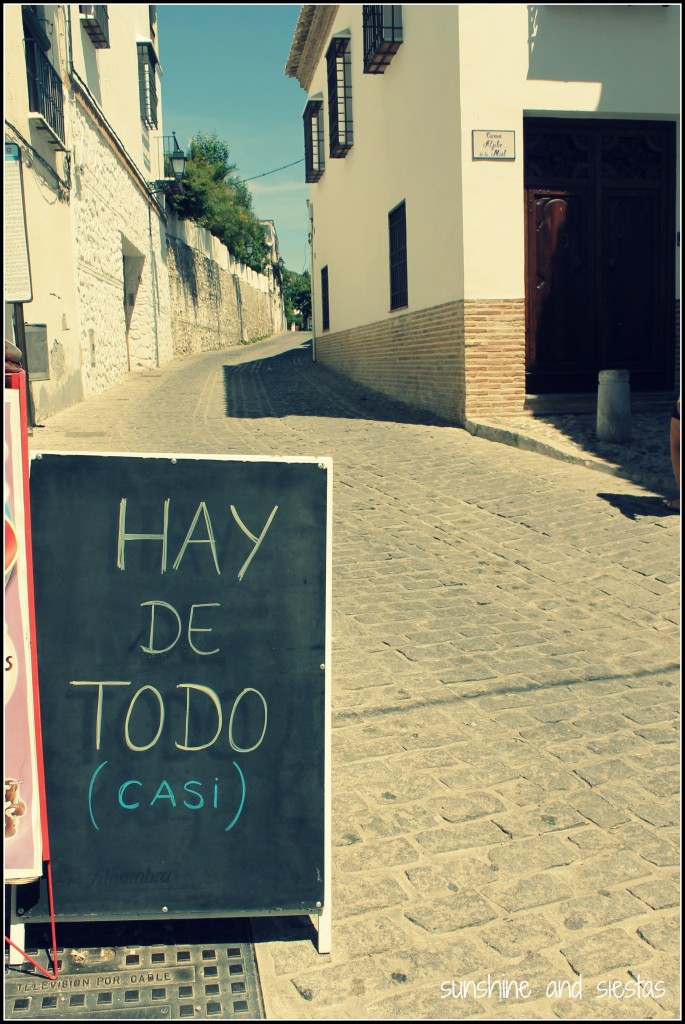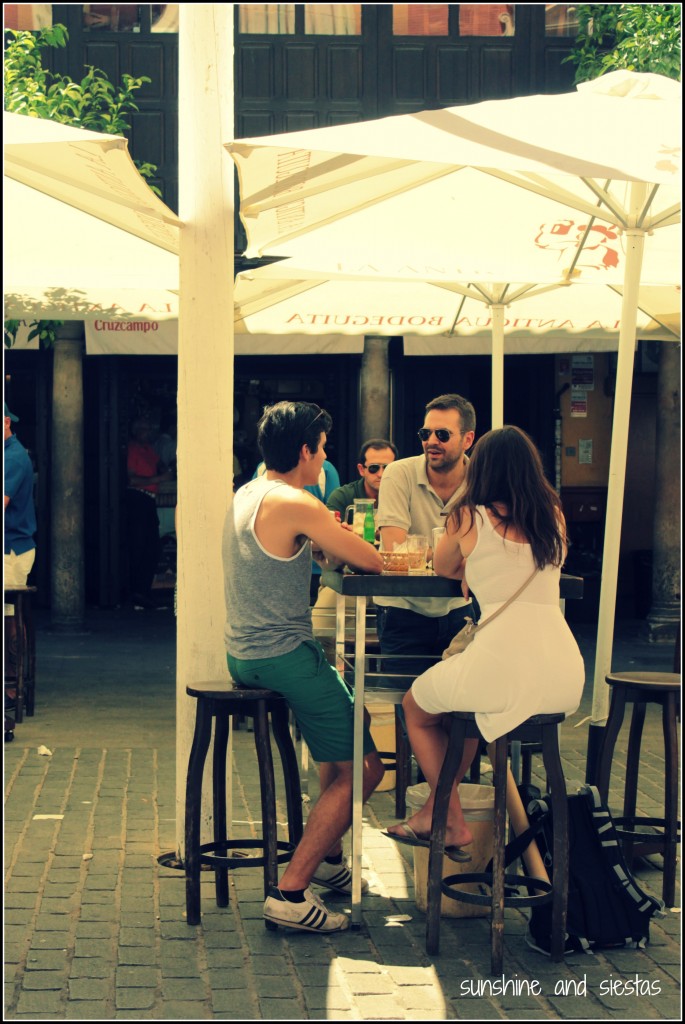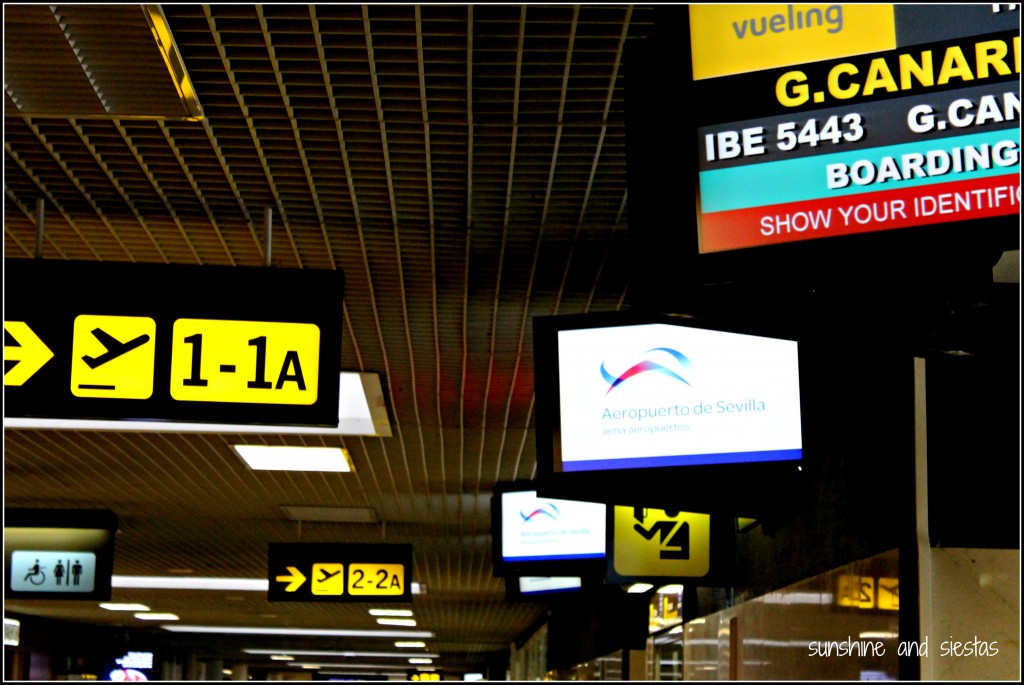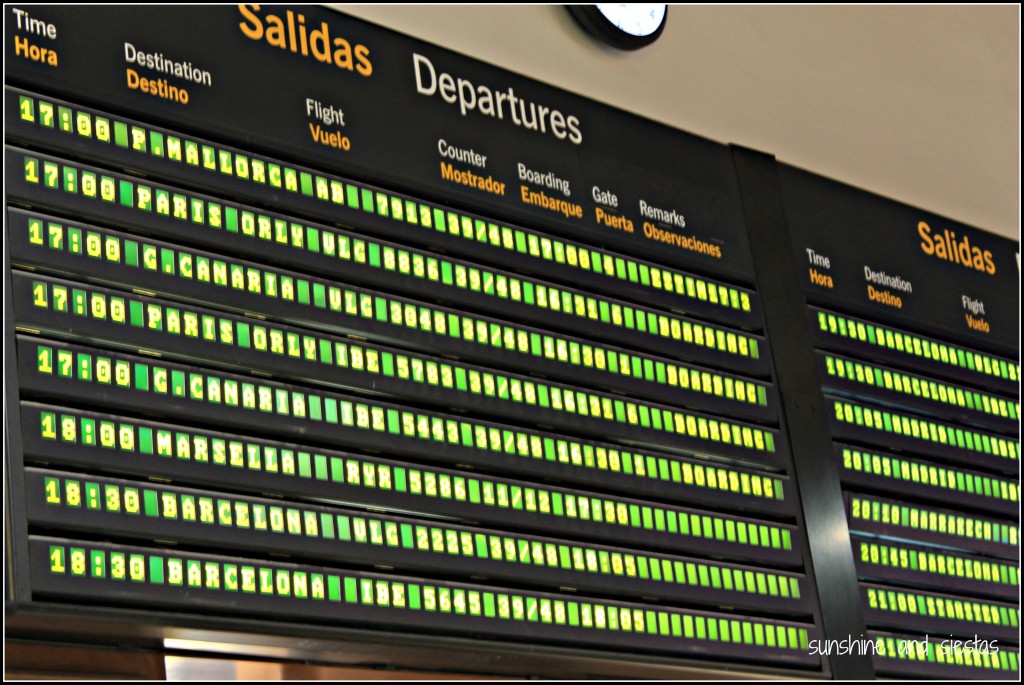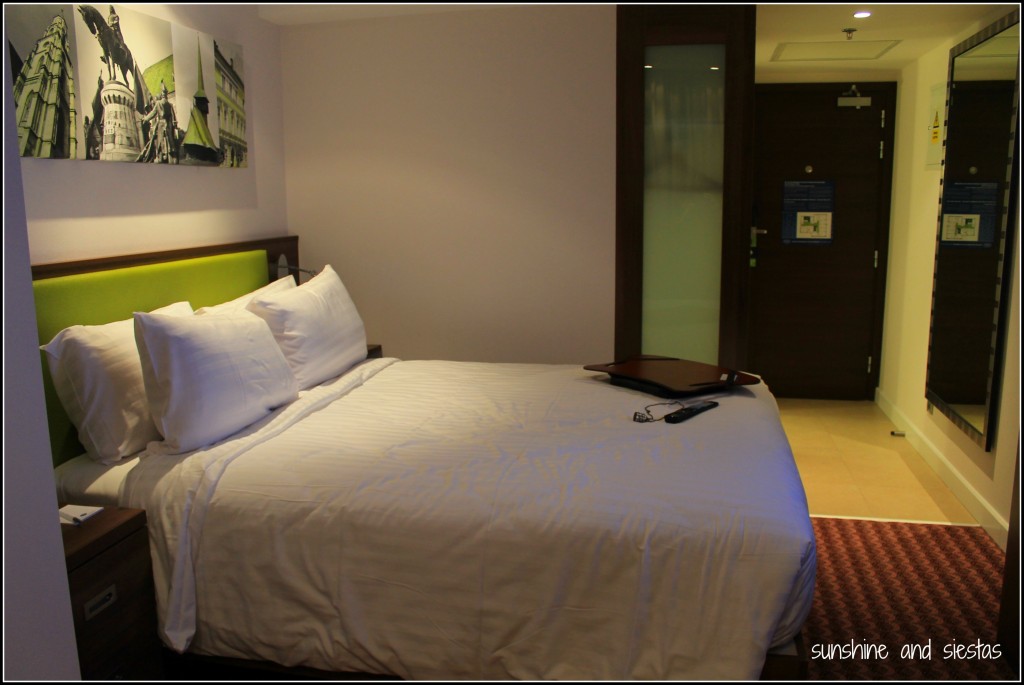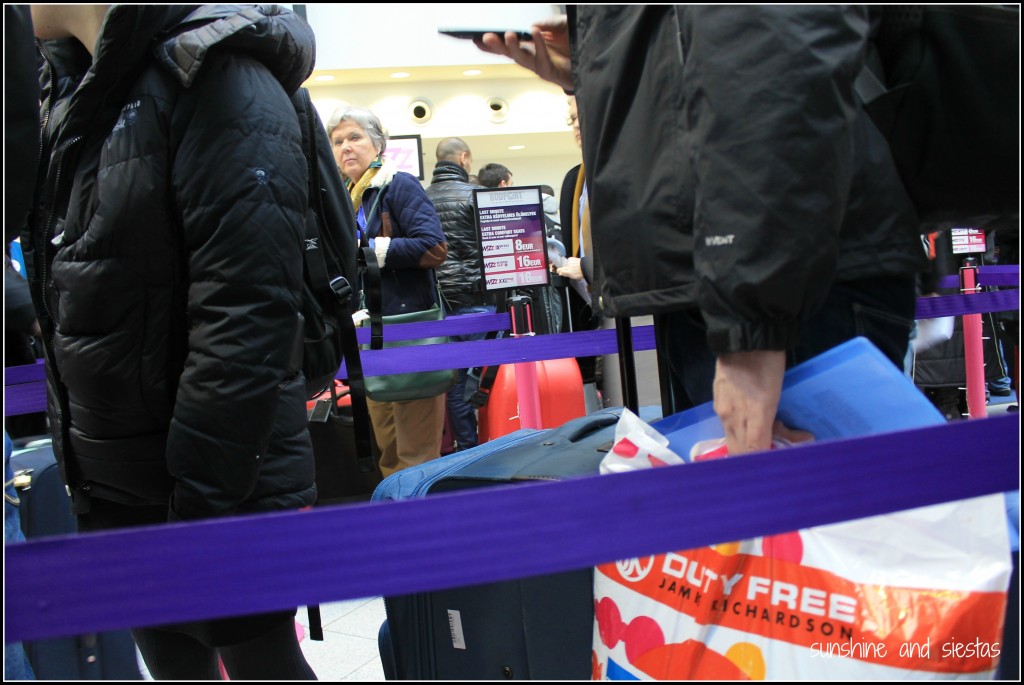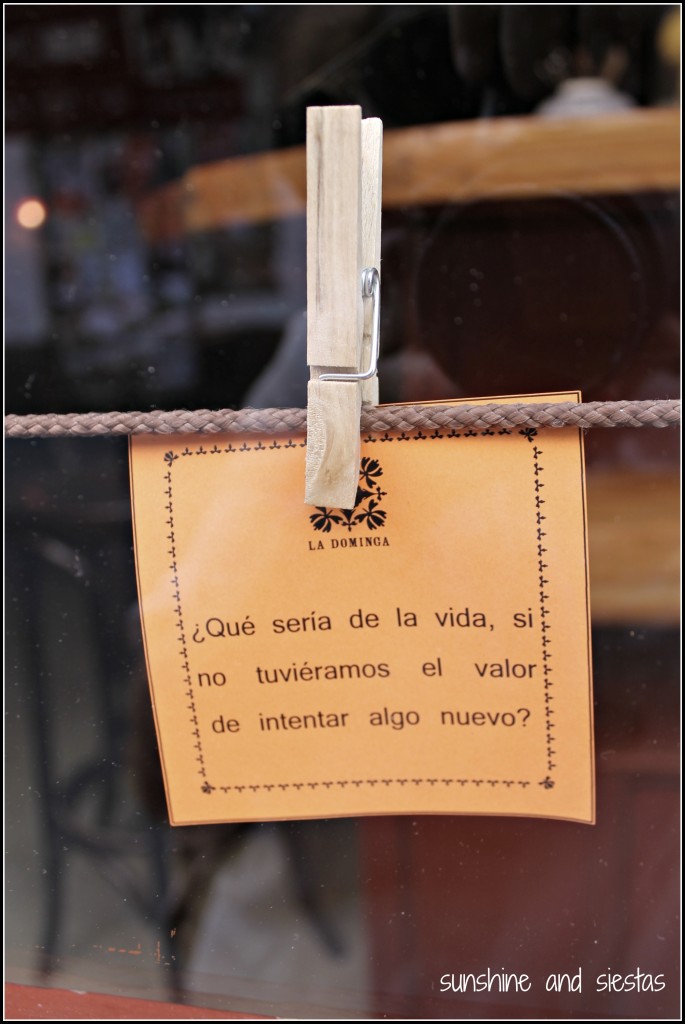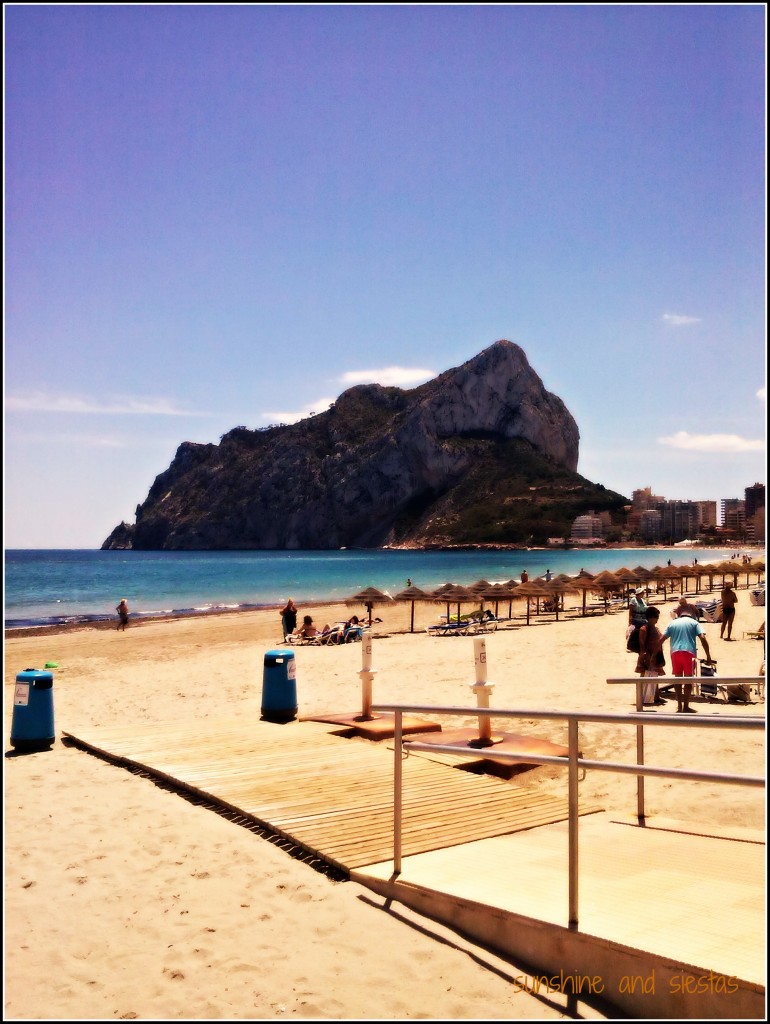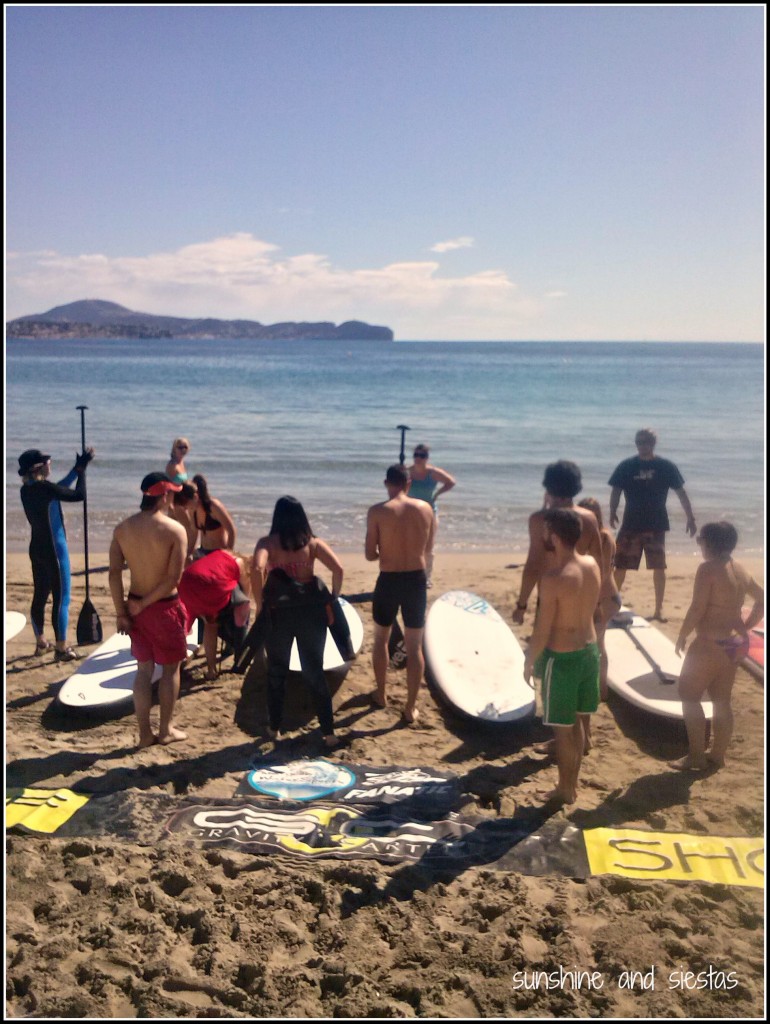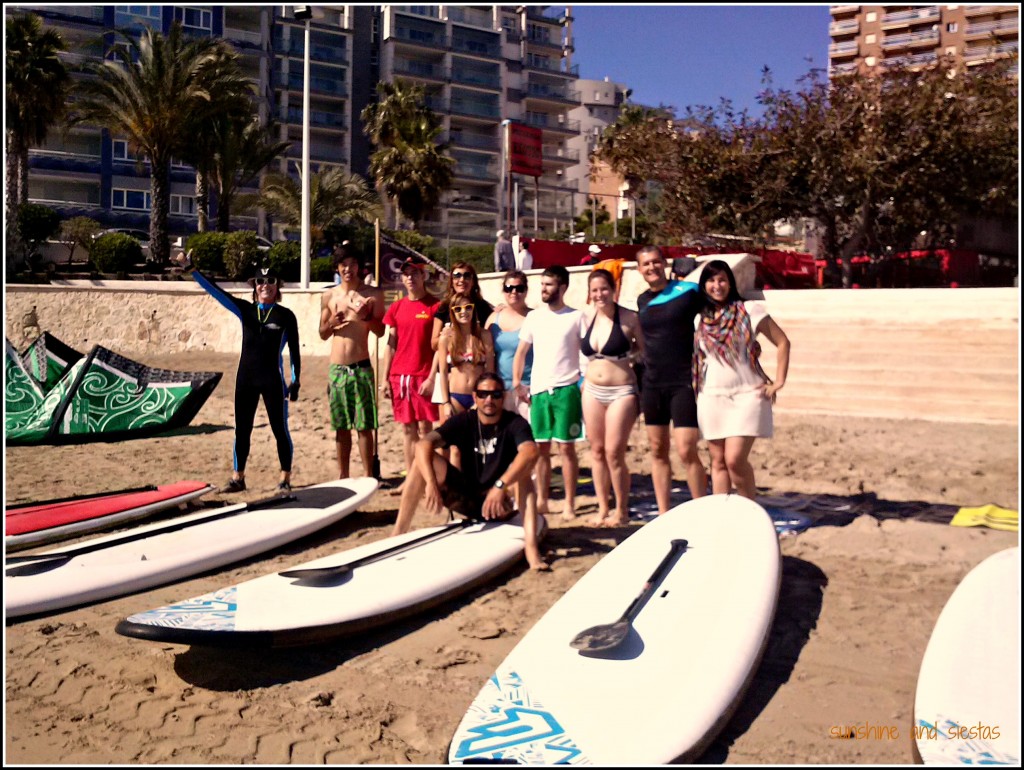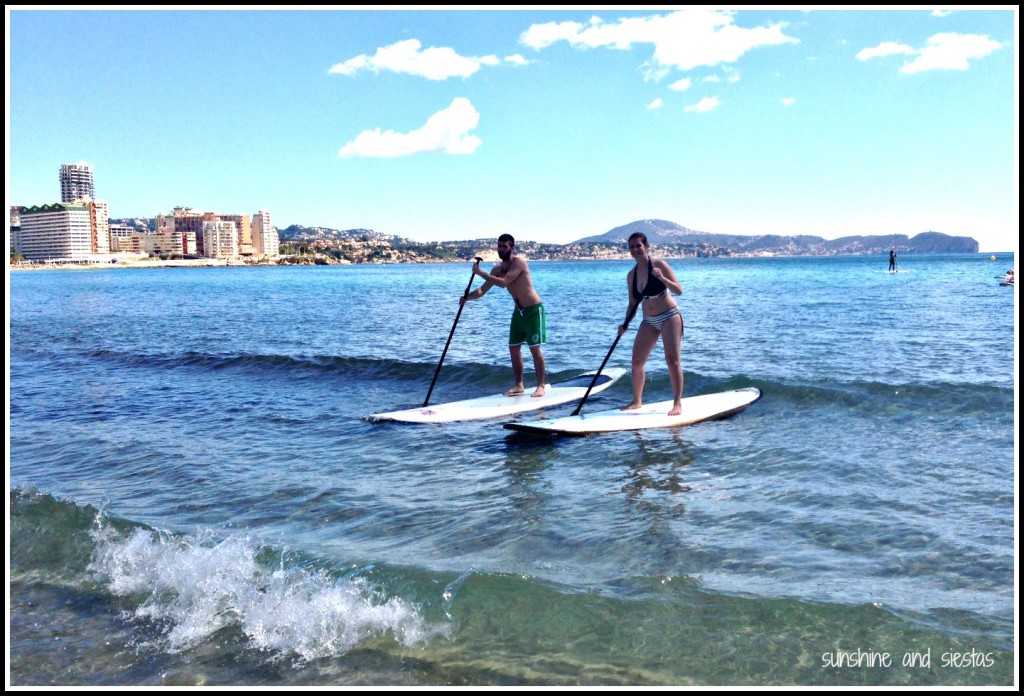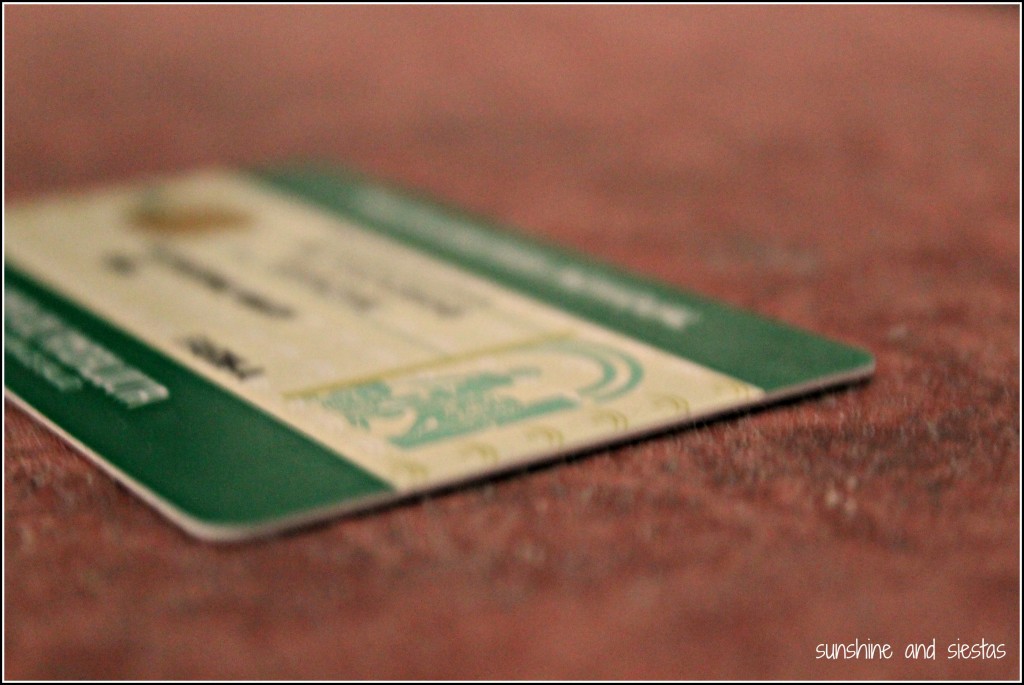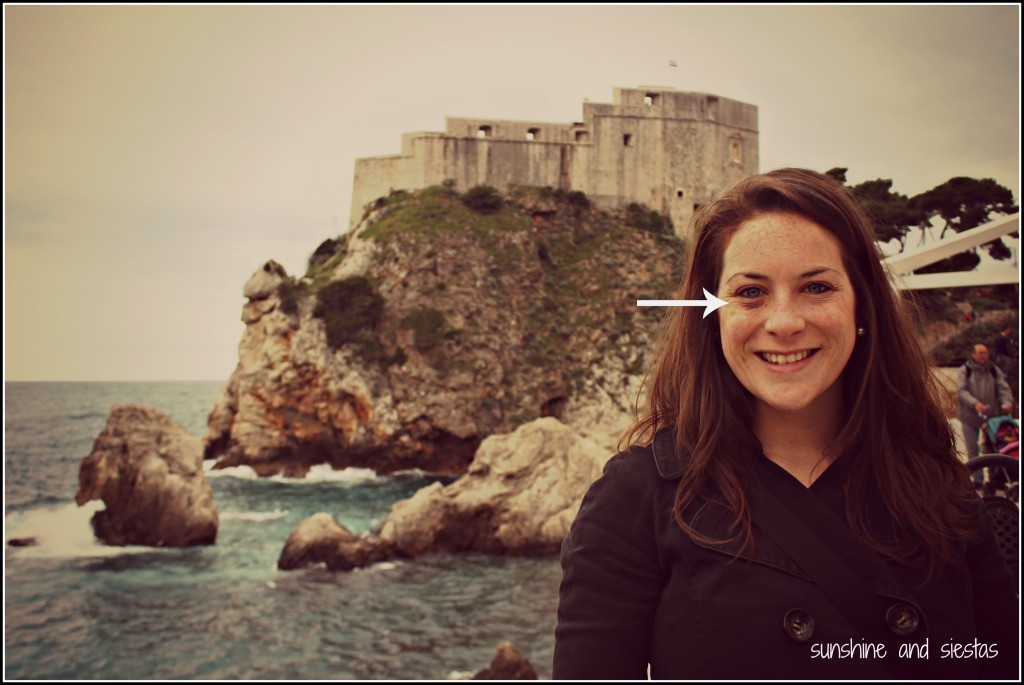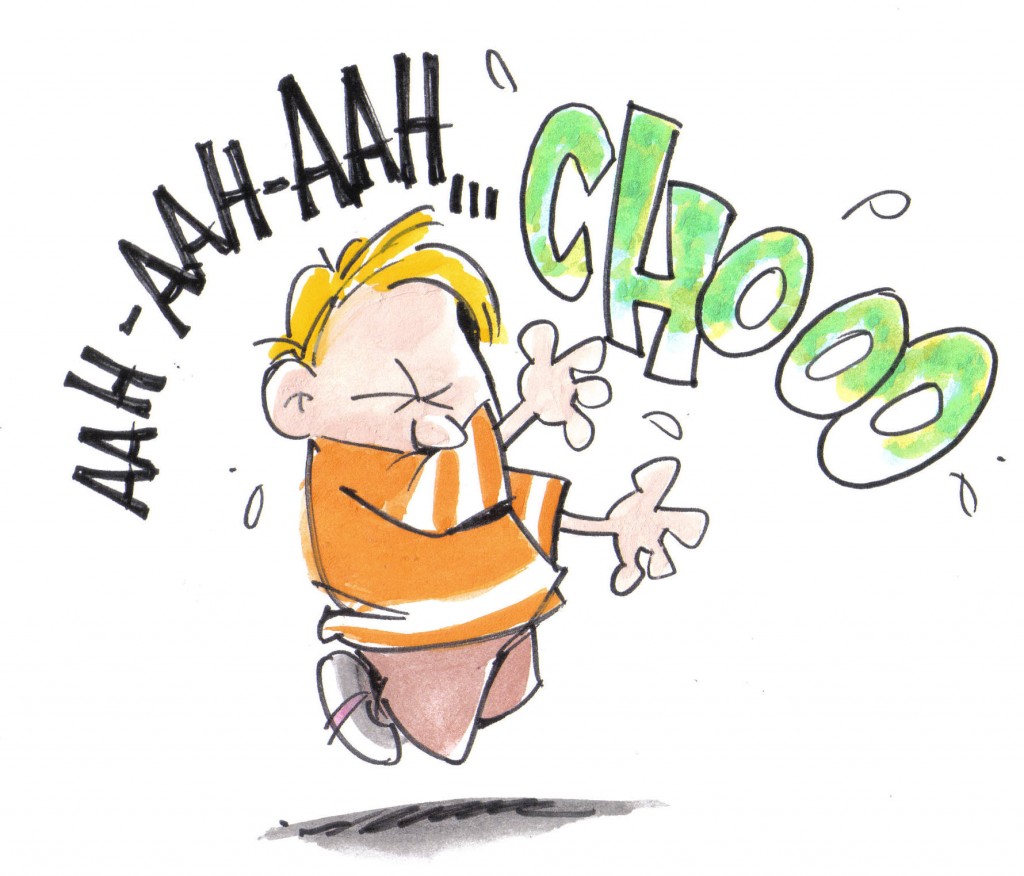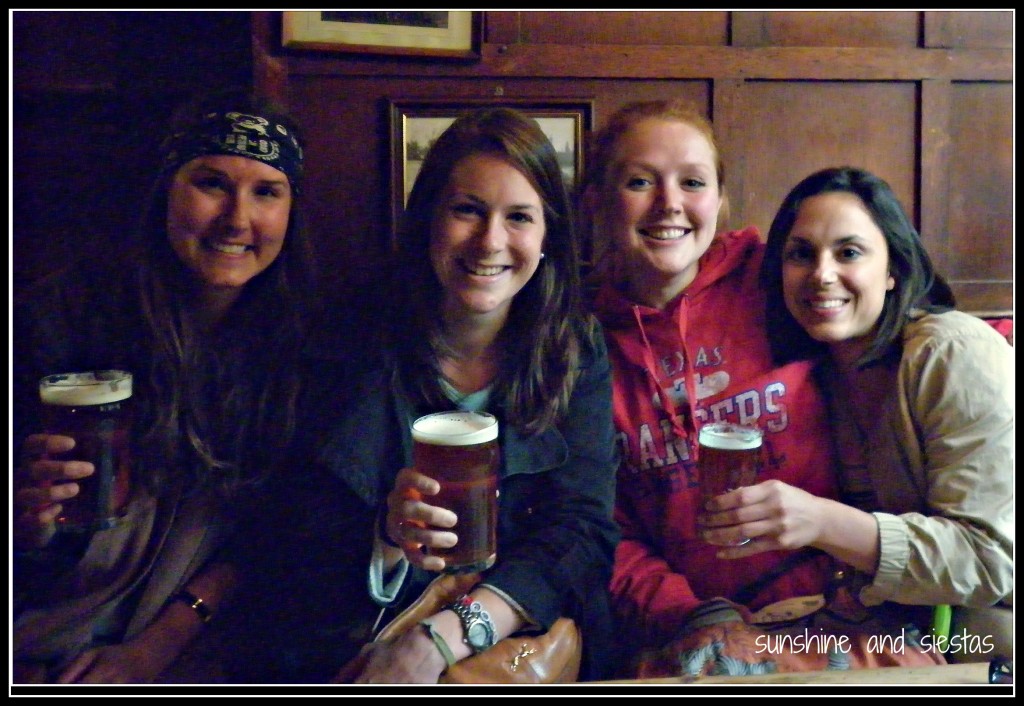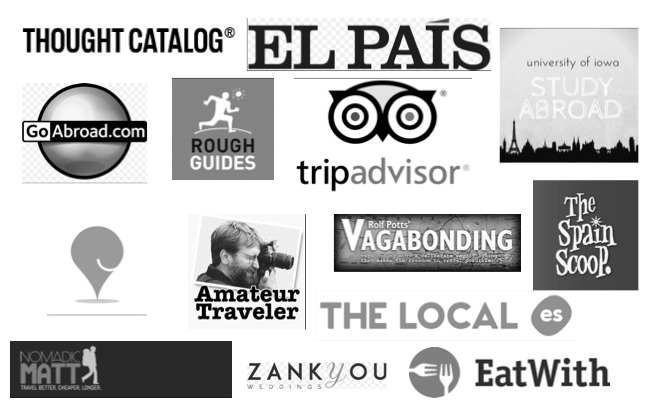It was on my fifth Christmas abroad that my father decided to make us accessories to a crime.
Since moving to Spain, my family had made the effort to follow me around the globe. We’ve spent Christmas with the monkeys on the Rock of Gibraltar, making gingerbread in Germany and visiting the cliffside Monserrat Monastery near Barcelona. In seven years in Europe, I’ve spent just one Christmas in my native Chicago.
But in Killarney, desperation meant my father had to pillage a hotel cafeteria for the sake of his hungry daughters.
I come from an Irish family (red-headed, freckled and deathly pale are my hallmarks). A family that marches in local Saint Parick’s Day parades. Still has ties to the homeland in Country Mayo. One whose prized heirloom fiddle cries with “When Irish Eyes are Smiling” at weddings. In fact, my surname is synonymous with Irish sport. The Emerald Isle has always been my father’s greatest travel dream, so he booked round-trip tickets to Ireland for Christmas without asking anyone’s permission.
But this vacation was doomed from the beginning – satellite photos showed the entire UK covered in snow. This meant a seven-hour ground delay for me in which my mom texted me, “R U hungry? I bought u a bagel” followed 20 minutes later with “Srry ate ur bagel.” I arrived famished and grumpy, and having not seen my family for a year, they were less than thrilled at my reception.
And there was more: the frost meant the pipes were frozen solid, leaving us without running water to shower or brush our teeth. Roads were shut down on the Ring of Kerry and thus rerouted us more than once, and sites that claimed to be open during the holidays didn’t bother to post that the snow had them shut down. My sister even came down with the flu and missed seeing Cork and exploring Amsterdam on my family’s layover.
But our lowest moment came on Christmas Day, where we had to stoop as far as breaking the law to save the holidays.
Christmas Eve dawned bright but cold in Galway on a bustling shopping day. We awed at the Cliffs of Moher before heading to Limerick for the night. After we shared a hearty Christmas meal, my dad and I went to the bar for a drink. My vision suddenly became cloudy and my head began to pound.
Apart from inheriting a love of beer from my Irish father, I also got his tendency to get sinus infections while traveling. I called it an early night and hoped to be over it the next morning (because I also, luckily, got my mother’s iron immune system).
Having plowed through Angela’s Ashes on the long flight delay, I was eager to walk around Limerick that morning before setting off for the Dingle Peninsula. It was just as desolate and depressing as Frank McCourt describes – the morning still was interrupted by an occasional car passing by, or the honk of a goose. Squat, dilapidated houses lined the “historic” quarter.
My dad chucked his map in a nearby bin, and we chucked the city.
Climbing into the car, I warned my family that we’d have trouble finding a place to eat on Christmas Day. Dad came to the rescue with a gas station English breakfast – soggy hash browns, pale grey sausages and a pack of cookies for good measure.
The ride around the damp Dingle Peninsula that morning was torture: every pothole sent a jolt of pain through my head and any time we stopped, I’d have to be coaxed out of the car. I grew hungry and restless to just stop somewhere and have something warm to drink, but storefronts were dark and the nearest gas station was back in Limerick.
If I was grumpy and starving, my sister was far beyond that point. We passed the majority of the day in absolute silence.
Driving into Killarney, Mom spotted a sign for McDonald’s. “Don!” she squealed, “TURN AROUND! McDonalds will surely be open!”
After another strike, my dad pulled into a hotel nearby. We kept the car running to stay warm, but it took him 20 minutes to return.
He handed us each a Styrofoam plate with a steaming grilled cheese and french fries. “I told them we were guests at the hotel and that I’d check in once we ate, and they allowed me into the kitchen to make sandwiches,” he snickered as he put the car into first and sped off.
As I ate a tasteless grilled cheese and some cold french fries once we had safely escaped the scene of the crime. I smiled at my father, who was rifling through his suitcase for some more sinus congestion pills.
Even at the most desperate of moments (and the most disastrous of family vacations), I knew my father would do anything for us, particularly if it included a good story and a plate of food.
Have you ever done anything desperate on your travels?
